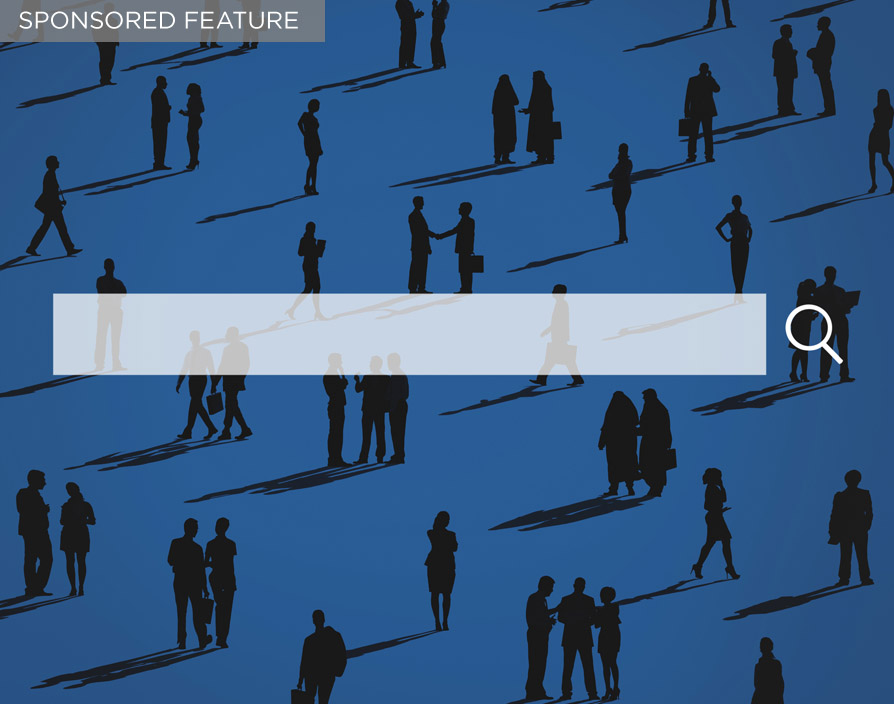Around 90% of people in the UK use the internet. Chances are you’re using it right now to read this article. We use it to check football scores, see when the next train is coming and, increasingly, we are using it to shop. In fact, the online retail revolution has grown so much in the UK that in 2014, for every £10 spent in retail, £1 of this was spent online, a number which is only expected to accelerate.
This upsurge in online retail or e-commerce has meant there is now a huge opportunity for businesses to expand their customer base with a website, be it for a local or global audience. But what options are out there?
As an individual consumer or as a business, we love things that are free. Getting something for nothing will always have its attractions, whether it’s an ice cream on a hot day or getting a two-for-one deal at the local supermarket. You can get a website for free too but what long-term cost will this bring to your business?
Many may be tempted to go with what they perceive to be the quick and easy option but there are some key differences between free and paid websites.
Free website capabilities
Free websites can provide you with a web address and generally offer free software that can allow businesses to integrate certain designs on their site. Setting up a site this way can be quicker but this is often because the designs on offer are fewer in number and don’t have the same customisable options that a paid website solution can offer.
There is also the issue of the actual web address itself, otherwise known as a domain name. Rather than getting the exact address you want, you may instead have to accept a subdomain. This is an extra part of the domain address to the left of your business name, which includes the name of the website builder as part of your domain name and therefore web presence, e.g. ‘freewebsiteowner.yourbusinessname.com’. The combination of the website builder name with your actual business name may appear unprofessional and may also affect how highly your website appears in search engines.
Content is another issue to consider here. This can be the lifeblood of a website and the best tool for engaging users but free websites can restrict the amount of content such as photos and videos that you can upload. A website can potentially become the main face of a business and as such it’s important to ensure that its content is as effective as it can be.
A free website can be convenient for personal use but it is generally not suitable for a professional business and doesn’t seem to give the image of a company that customers would want to deal with.
Paid websites – taking control and making money
A paid website allows you to leverage your own .com web address – an address that is yours and no one else’s. Not only can this address help give you more online credibility and distinguish you from the competition, it can also help to boost your business as soon as it’s launched.
Whilst not being free, paid websites are modestly priced and crucially they give businesses full control. Offering a huge number of design options, businesses are given the tools to ensure that the final result says everything it needs to about its services. You have the freedom to design and customise to your heart’s content and you can decide how much data storage you need.
Paid websites also offer you the opportunity to make money through advertising as well as sales. With a free option you might end up being bombarded with advertising on your site that you have no permission over and get no financial gain from, whereas with a paid option you can select advertising solutions that suit your business.
In addition, you may be able to take advantage of special offers for search engine optimisation to improve your visibility on sites such as Google and grow your customer base.
It doesn’t cost much to create your own website; you can (often) get started for just a few pounds a month and it’s a really simple process too. A paid website may not be free but it gives you the freedom to control your website and the confidence to grow online. ![]()
This article comes courtesy of Verisign, the domain names and internet security company.
Share via:








































